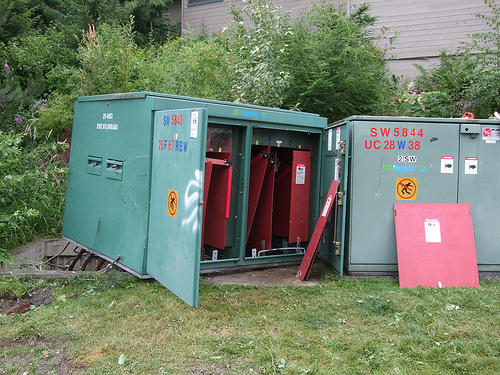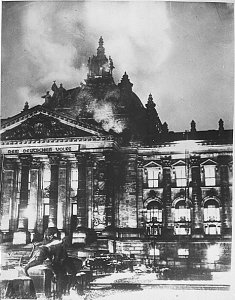Leaving my wi-fi router in the house when moving out, I am about to put it in a central place and wanted to make sure the reception is decent enough for everybody to enjoy. So I read up on the topic a little bit and found a nice little explanation why 200 milliwatt TX power will not make your access point better, faster, or more awesome than your friend's. No matter how much the average script kiddie wishes it did...
Is a 200 mW access point a good thing? The answer is normally, "No." A notebook computer or PDA using a standard PCMCIA (or built-in Wi-Fi) adapter transmits with a power level of 100 mW (or less). If an access point puts out a 200 mW signal then the access point will be capable of transmitting to a distance from which the notebook computer can't transmit back. The Wi-Fi client (the notebook computer) "hears" the access point. Unfortunately, the access point has no way to "hear" the client. The client connection fails, even though the signal level seen from the access point may be stronger than other, lower power, access points. The advantage of a 200 mW access point is that they can be used with a 50-foot length of low-loss antenna cable to attach a remote external antenna. The cable attenuates the 200 mW signal down to a 100 mW level at the point where the signal enters the antenna. Now the access point antenna and the client are both operating with a 100 mW signal, and they can hear each other properly. The output power from an access point should never exceed the output power from the clients that are attaching to it.


 In one month now, on February 27th, it will be the 75 anniversary of the
In one month now, on February 27th, it will be the 75 anniversary of the